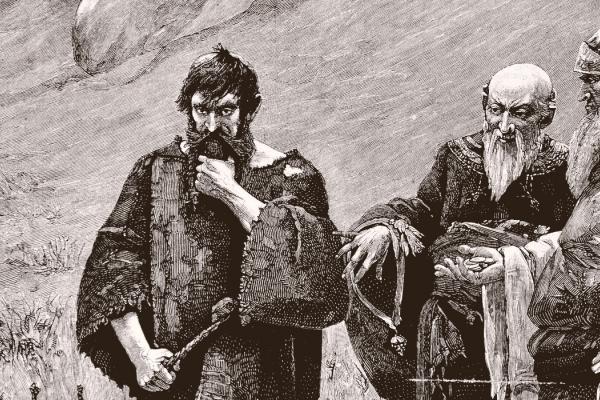Mar 24, 2016
One of the many things that I love about being a progressive Christian is the frequent emphasis that Jesus is our brother. He’s one of us. He took on the fullness of humanity.
The joy and the hope and the friendship and the love.
But also the pain and the anger and the grief and the suffering.
Jesus, the One who was fully divine was fully human. Our brother. Our friend. It’s a beautiful thing.
Indeed, Jesus is our brother, but what about Judas? This Maundy Thursday, let us acknowledge that Judas is our brother, too.
Read the Full Article

Already a subscriber? Login
